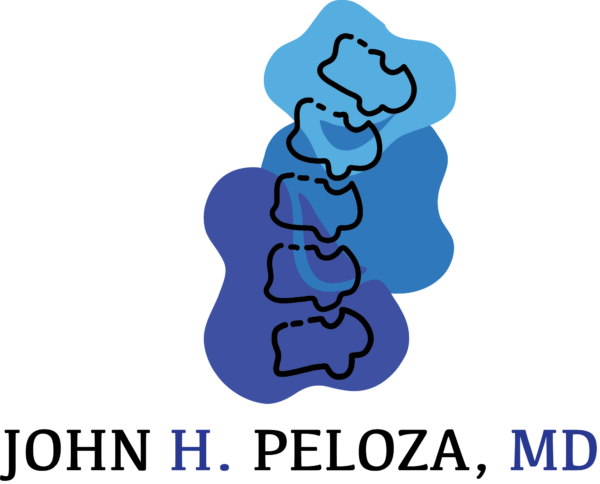
What is a Spine Surgeon?
Spine surgeons are doctors who specialize in the treatment of conditions that affect the spine. Both orthopedic Surgeons and Neurosurgeons are trained in and may specialize in spinal procedures. In some cases, specialization training may be involve a combined team of both orthopedic and neurosurgeons.
Overview
Spine surgeons are medical doctors, meaning they have an M.D. or a D.O. Both degree titles require the same certifications and post-medical school training to specialize in spine surgery.
After completing medical school, doctors who aim to become spine surgeons must graduate from an approved residency program. Doctors who have specialized in orthopedic Surgery or Neurological Surgery may subspecialize in spinal surgery. After completing their residencies, doctors must then spend a year or more completing fellowship training to specialize in spine surgery.
Typical Conditions Treated
Spine surgeons treat a variety of spine conditions, such as disc herniations, fractures, or spinal stenosis. Often, the location in the spine is included in the name of the condition. The causes of these conditions often varies but often result from disease, trauma, or degeneration.
Spinal conditions may be congenital, meaning they were present at birth, or they may be due to trauma, tumors, or infections. Chiari Malformation is an example of a congenital spine condition, but many conditions may also be congenital. For example, spinal deformities such as kyphosis, lordosis, and scoliosis may be present from birth.
Conditions may also be degenerative, meaning that they cause the structures they affect to gradually deteriorate or break down over time. Degenerative disc disease, arthritis, spinal stenosis, and herniated or ruptured discs are all examples of conditions that may be caused by degenerative. The gradual degeneration of joints and other structures can occur due to gradual wear-and-tear or aging, but it can also occur due to genetics, unhealthy lifestyle choices, repetitive motions or overuse.
Typical Procedures Performed
Surgical options depend on the condition and its location and severity, as well as other factors like your medical history and general health. To avoid risks to your safety or potential treatment side effects, your doctor may not recommend certain procedures. Every person's condition and anatomy are different, so you may not be a candidate for some procedures. Spinal fusion, foraminotomy, discectomy, and laminectomy procedures are some of the procedures utilized by spine surgeons. However, the method and approach used to perform these and other procedures varies depending on the condition, its location, and other factors.
Traditional spine surgery involves long, deep cuts through muscles, which can leave long scars and require an extended amount of healing time. Advancements in technology and surgical instrumentation has made it possible to perform some procedures in a less invasive manner. In minimally invasive spine surgery, a small incision is made, and then a series of tubular dilators is inserted in order to widen the opening to grant surgeons access to the area without cutting muscle tissue. Because the muscle tissue is spread apart rather than cut, it is able to close back after surgery is complete.
Your surgeon may also use a form of Image Guidance Technology to create a virtual image of your spine as the surgery is being performed. By using this technology, the surgeon is able to perform the operation with much more precise placement accuracy. This decreases the chance for non-union or failure to fuse, making it the safest technique for doctors performing minimally invasive spine surgery.
The types of procedures performed by spine surgeons varies slightly depending on whether your doctor is an orthopedic surgeon or a neurosurgeon. Often, both types of surgeons will perform the same procedures, however, some procedures may be better suited to a particular specialty. For example, conditions like spinal cord tumors may be more likely to be treated by a neurosurgeon due to their specialization on conditions of the central nervous system. Similarly, orthopedic surgeons specializing in spine may be more likely to treat spinal deformities such as scoliosis. Orthopedic surgeons may also be more likely to perform procedures that involve extensive instrumentation.



